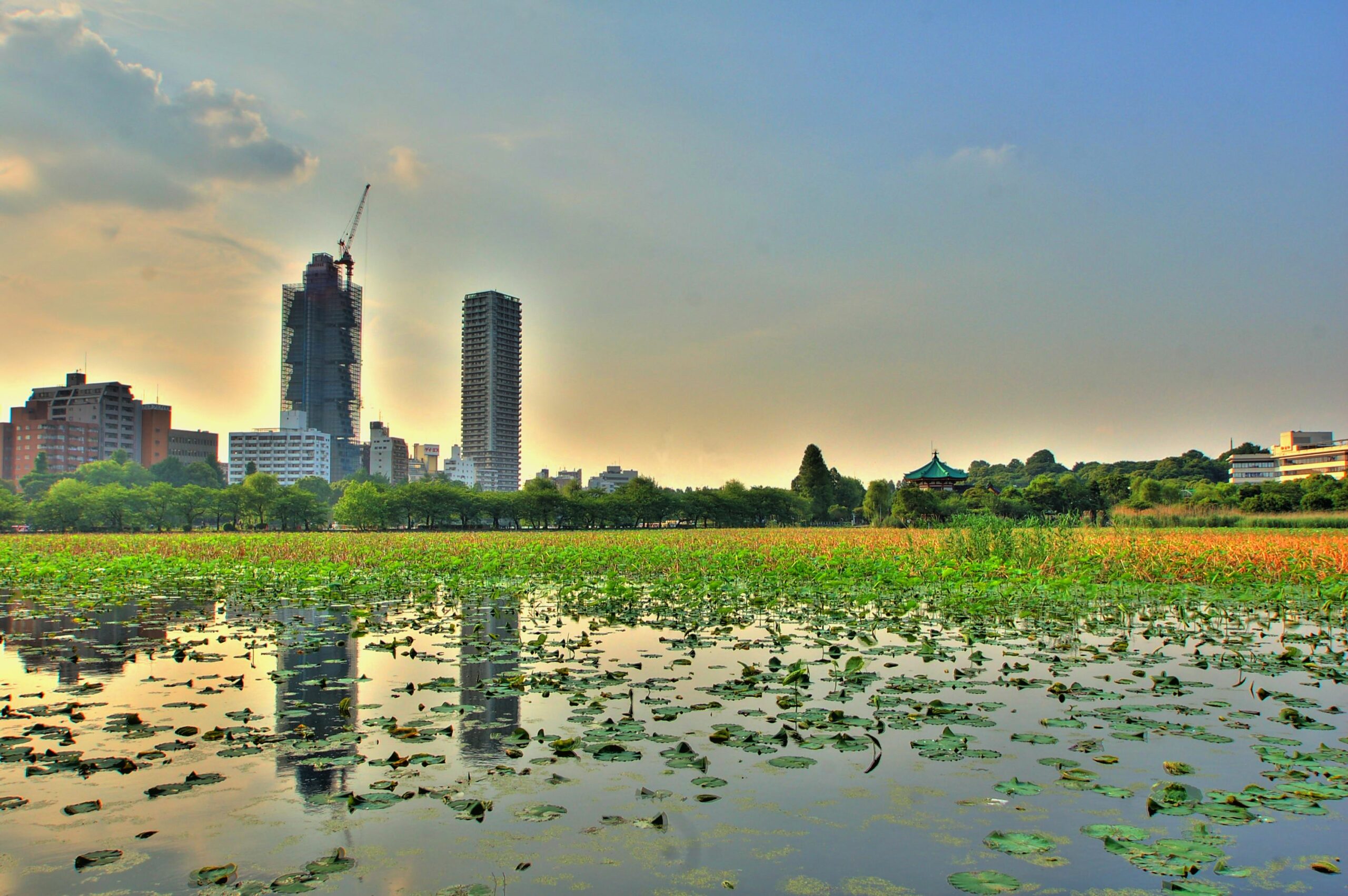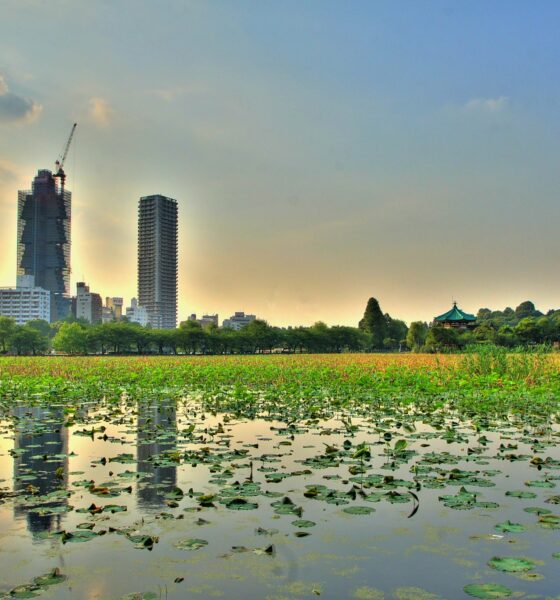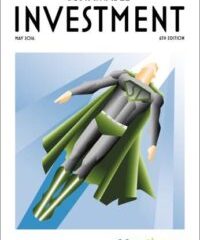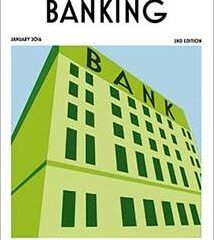

Economy
Sustainability isn’t about being fluffy; it’s about being strategic
Unless you have a good set of instructions to follow, the end result will often never be as good as you’d hoped for or often not what you expected. At pretty much every level of society and across the globe, we often fail in applying sustainability effectively.
Some say this is because the components of the challenge are too complex. Others may state there are too many issues and actors; the systems we live within won’t enable success. A killer blow is often the exasperation of how can we be sustainable when the definitions used are so vague, incomplete and inapplicable.
When it comes to wanting to create a future sustainable planet and the societies that would inhabit it, I’d wager that every individual, society and country would agree to this as their main goal. Ask every business if they would like to be sustainable in the future and I’m sure they would all say yes (the alternative would illustrate quite a lot about the company’s ethics).
So, to begin with we should have consensus for a shared vision for example: to contribute fully to the creation of a future sustainable society.
If we are to agree on such a vision, we have to get the basics right. How do we define sustainability to be complete, applicable and able to deliver our vision? Many will go back and select the widely known Brundtland’s 1987 definition (“Sustainable development is development that meets the needs of the present without compromising the ability of future generations to meet their own needs”), or one of the many others but when applying the definition will face real confusion.
Are they applicable in all areas of life? How easy is it to know our progress? How will we know when we have arrived at our goal?
For success, we need to select our definition more wisely. One that can be used by anyone, regardless of location, culture and situation. One that can be applied in ways that we can identify progress towards our goal, and enables us to deal systematically. One that provides a common language, so that we all can work together, collaborate and create the new systems, products, services and relationships we need to forge ahead to achieve our vision.
With such a definition we would have the solid foundation to move society towards our vision.
Does such a definition exist? Yes, though many readers probably haven’t heard of it. Until seven years ago, I hadn’t heard of it either, yet the more I discovered about it the more I recognised this as the missing piece of the jigsaw that shows us the path forward.
It was designed based on principles set in science, peer-reviewed and able to be applied from a local to a global level. It recognised that human societies alter the natural systems that support all life in three fundamental ways. From this, it is possible to define the three basic ‘system conditions’ that have to be met if we are to ensure the natural systems can be maintained to meet our needs into the future. There is a fourth that helps us humans meet the social and economic sustainability needs of our fellows, many of which, if ignored, will generate human responses undermining the sustainability of the natural systems upon which we all depend.
The creative commons licensed Framework for Strategic Sustainable Development (aka The Natural Step) is now over 20 years old and since implemented successfully by Nike, Ikea, InterfaceFLOR and many other large and small organisations and municipalities including Whistler (which set these principles in the delivery of the 2010 Winter Olympics).
It has also become the foundation to master’s programmes in Sweden (at Blekinge Institute of Technology, of which I am an alumnus), Brunel, Lund and a number of universities that see sustainability as an essential element of our future success.
The key word here is ‘strategic’. It could be argued that this is what we have been really poor at when applying sustainability. Though, with our vision to drive us and our applicable definition and framework as our principles and guidance tools that instruct us we can begin to deliver strategically towards our shared goal. The organisations above successfully did this, though society has generally failed in the strategic sustainability transformation we really need.
It could be argued that companies and societies that truly apply sustainability can, more or less, control their actions and outcomes. Such a state is far more preferable than what we will otherwise face: increasing competition for resources, natural support system collapse and the tragic social consequences of resulting from an unsustainable planet.
Yet how do we do this in the real world? Can governments do this? Can regions do this? Can the planet?
For some the argument that we haven’t been able to create consensus and effective action about climate change illustrates my view as optimistic, to say the least. I’d say that the climate change issue though central does not provide the framework for the changes the system has to make to ensure that climate change is achieved. With sustainability we are able to look at the whole system, identify the failings of the current systems and apply new ways of thinking that focus our capacities to innovate and deliver on systemic outcomes.
For success we have to seek this consensus, set on our vision to enable the buy-in to ensure commitment to the cause. We need sustainability literacy of leaders to recognise the challenge exists, our survival (success and thrive-ability) depends upon it. With this literacy and knowledge we can begin to frame existing systems, ideologies and processes in terms of their contribution to our long term success and adapt and move away from those that can’t deliver our vision.
We have leaders in business and municipalities delivering sustainability, there’s masses of academic research proving that using such a framework we can transform the way we do business and strengthen societies. What we don’t have is time, and sufficient leaders yet willing to challenge the status quo and defend our futures. We certainly have the proven, solid, science and organisationally backed definition and framework. We now have to use them strategically to build a successful society that we can be proud to say that we contributed to.
Simon Goldsmith has worked in the sustainability arena for the past 20 years, working in many sectors from campaigning for environmental NGOs, to reducing the impacts of multinational oil and gas companies. He has master’s degrees in both in sustainability leadership and environmental policy and works to help create innovative local solutions and lever ideas for transformational sustainability change. He is currently head of sustainability at the University of Greenwich, helping co-create and deliver their sustainability ambitions and visions throughout the organisation and beyond.
Further reading:
Success means seeing ourselves as part of the bigger system
We need more people with complete sustainability literacy
What gets measured gets managed: sustainability in 21st century business
Business rife with short-termism; just 7% feel pressure to deliver long-term returns


 Environment8 months ago
Environment8 months agoAre Polymer Banknotes: an Eco-Friendly Trend or a Groundswell?

 Energy12 months ago
Energy12 months agoHow Energy Referral Programs are Saving The Planet… And Your Bank Account!

 Environment10 months ago
Environment10 months agoEco-Friendly Home Improvements: Top 7 Upgrades for 2025

 Energy11 months ago
Energy11 months agoA Closer Look at The Rapid Growth of Solar Energy in Ireland






























